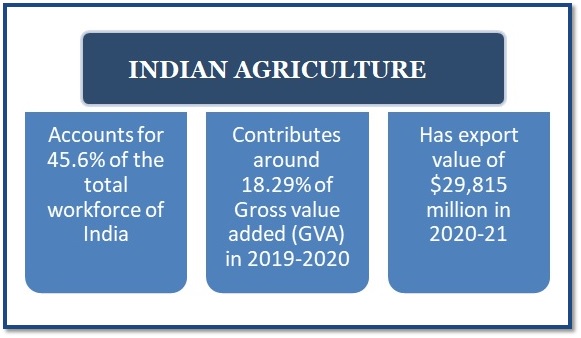7667766266
enquiry@shankarias.in
Why in news?
World Economic Forum (WEF), in its latest report, stated that drones have the potential to be the indicator of technology-led transformation of Indian agriculture.

Role of drones
WEF has cited that drones have the potential boost the country's gross domestic product by 1-1.5% while adding at least 5 lakh jobs in the coming years.
References